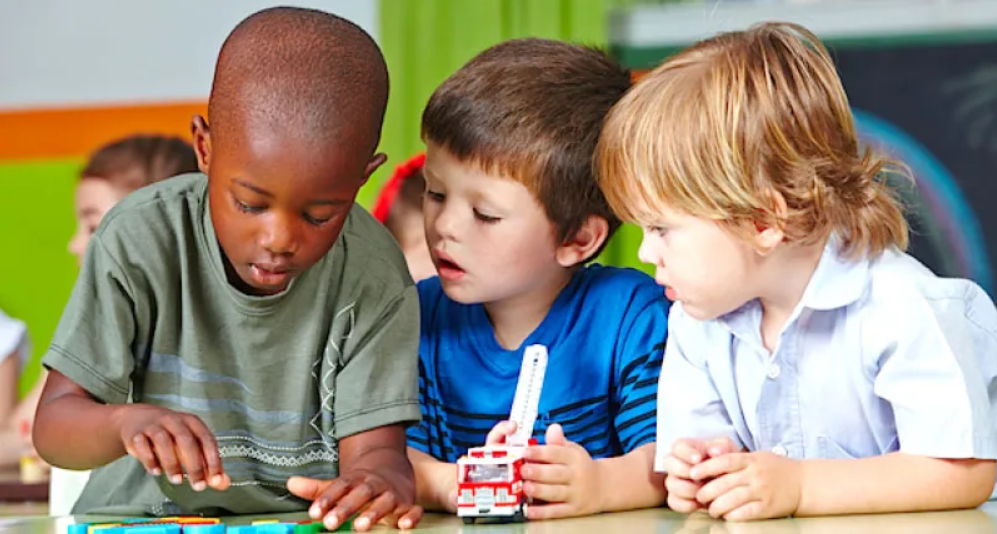As parents and caregivers, we want our children to thrive and develop into happy and successful adults.
One way we can support their development is through play-based learning.
Play-based learning is an approach to education that emphasizes the importance of play in a child’s learning and development.
What are the benefits of play-based learning for early childhood development?
1. Improves Social and Emotional Skills
Through play, children learn to communicate, share, and cooperate with others.
This helps them develop important social and emotional skills that will benefit them throughout their lives.
2. Enhances Cognitive Development
Play-based learning encourages children to explore and experiment, which helps them develop their cognitive skills.
They learn to think critically, problem-solve, and develop their creativity.
3. Develops Language and Communication Skills
Play-based learning can help children develop their language and communication skills.
They learn to express themselves through play, which helps them develop their vocabulary and language skills.
4. Boosts Physical Development
Play-based learning also helps children develop their physical skills.
Through play, children can develop their motor skills, coordination, and balance.
5. Promotes Positive Attitudes Towards Learning
By making learning fun and engaging, play-based learning can help children develop a positive attitude towards learning.
This can help them become lifelong learners and develop a love of learning.
As you can see, play-based learning can be a fun and effective way to help children develop important skills.
By incorporating play into a child’s learning and development, parents and caregivers can help them grow into happy, healthy, and successful adults.


